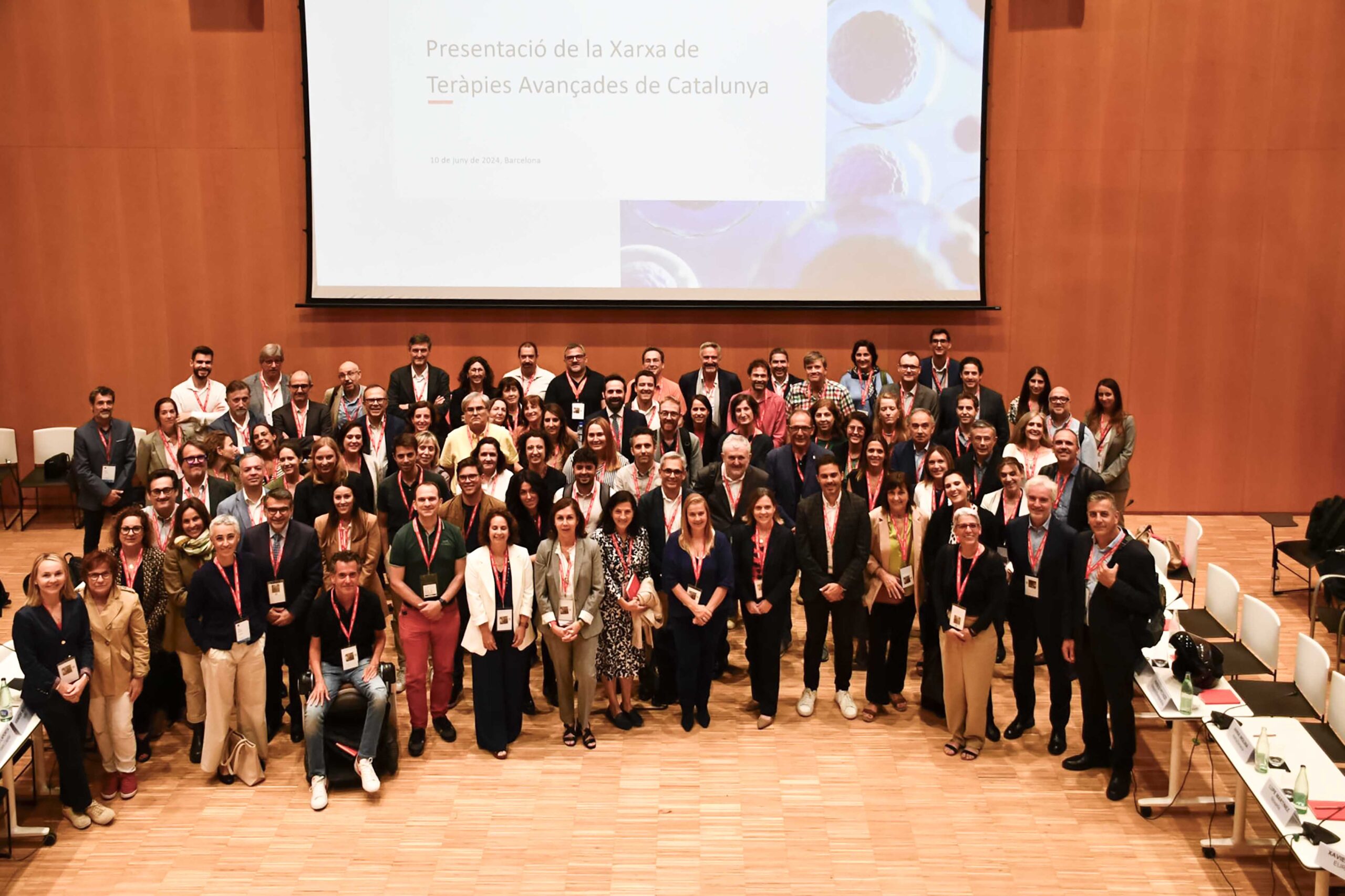IQS has become a member of the Catalan Network of Advanced Therapies, a project coordinated by Biocat with the aim of promoting the research and development of these therapies, accelerating their arrival to patients and making the region into a reference hub in advanced therapies at the international level. The project involves companies from the pharmaceutical sector, engineering and services companies, research centres, universities, hospitals, and investment groups.
The Bioregion of Catalonia is at the forefront of research in advanced and emerging therapies and, although the ecosystem has great potential, it is necessary to go further and take on challenges such as training and retaining talent, technology transfer, clinical trials, and scaling up production to achieve the ultimate goal of giving the market access to these therapies. With the creation of this Network, connections and synergies will be established between the different agents to share knowledge and advance in the promotion of one of the main pillars of the future of the Catalan economy.
Advanced therapies bring together new generations of innovative drugs based on genes (gene therapies), cells (cell therapies), and tissues (tissue therapies). The boundary with other therapeutic modalities is very narrow, so emerging therapies are also defined here, such as extracellular vesicles, among others. Taken together, they represent great therapeutic potential, allowing the treatment of degenerative and genetic diseases and certain types of cancer, making them a fundamental pillar of cutting-edge health.
Advanced and Emerging Therapies at IQS
The Advanced and Emerging Therapies (TAEs) programme is one of IQS’s commitments to achieving cutting-edge, high-quality research. Our school is one of the members of theCERTERA programme, the state consortium for the development of advanced therapy drugs, and is also part of the 3D printing hub in Catalonia promoted by ACCIÓ.
Under the name Advanced and Emerging Therapies Initiative (AETI-IQS), all the lines of research currently underway that are related to therapies such as tissue therapies, based on regenerative and 3D printing solutions, cell therapies, gene therapies, mRNA-based therapies, therapies with extracellular vesicles, and therapies for neurodegenerative diseases are grouped together at IQS.
Dr Martí Lecina Veciana, a professor and researcher with the Materials Engineering Group (GEMAT) who is leading IQS’s participation in the Certera programme, is participating in the AETI-IQS initiative to bring together the many disciplines related to advanced therapies, which are currently the subject of investigation within various research groups at IQS. “The Catalan Network of Advanced Therapies, a major initiative promoted by the Government of Catalonia and led by Biocat, must offer opportunities to establish collaborations based on the synergies that are uncovered among the members of the Network,” stated Dr Lecina. He went on to add: “we hope that the Network’s activity in the medium term will result in an increase in new developments of advanced therapy products and that the sum of the experience and capabilities of its members will help promote these products to undergo clinical trials and, finally, be able to integrate them into the public health system to benefit society.”
The TAEs Educational Commitment
In addition to the experience in this type of therapy, derived from its AETI initiative, IQS is also contributing to the Advanced Therapies Network training features, with various courses projected within the different postgraduate programmes at the university.
In addition, IQS is culminating its commitment with the planning and construction of a new laboratory that will further enhance the development of these areas of expertise.
In the words of Dr Salvador Borrós, Director of IQS, “our institution has been working in the field of advanced therapies for many years, and we are home to a group of excellent researchers in this area. The commitment to these lines of research aims to consolidate IQS as a relevant player in the ecosystem, both in Catalonia and across Spain.”










